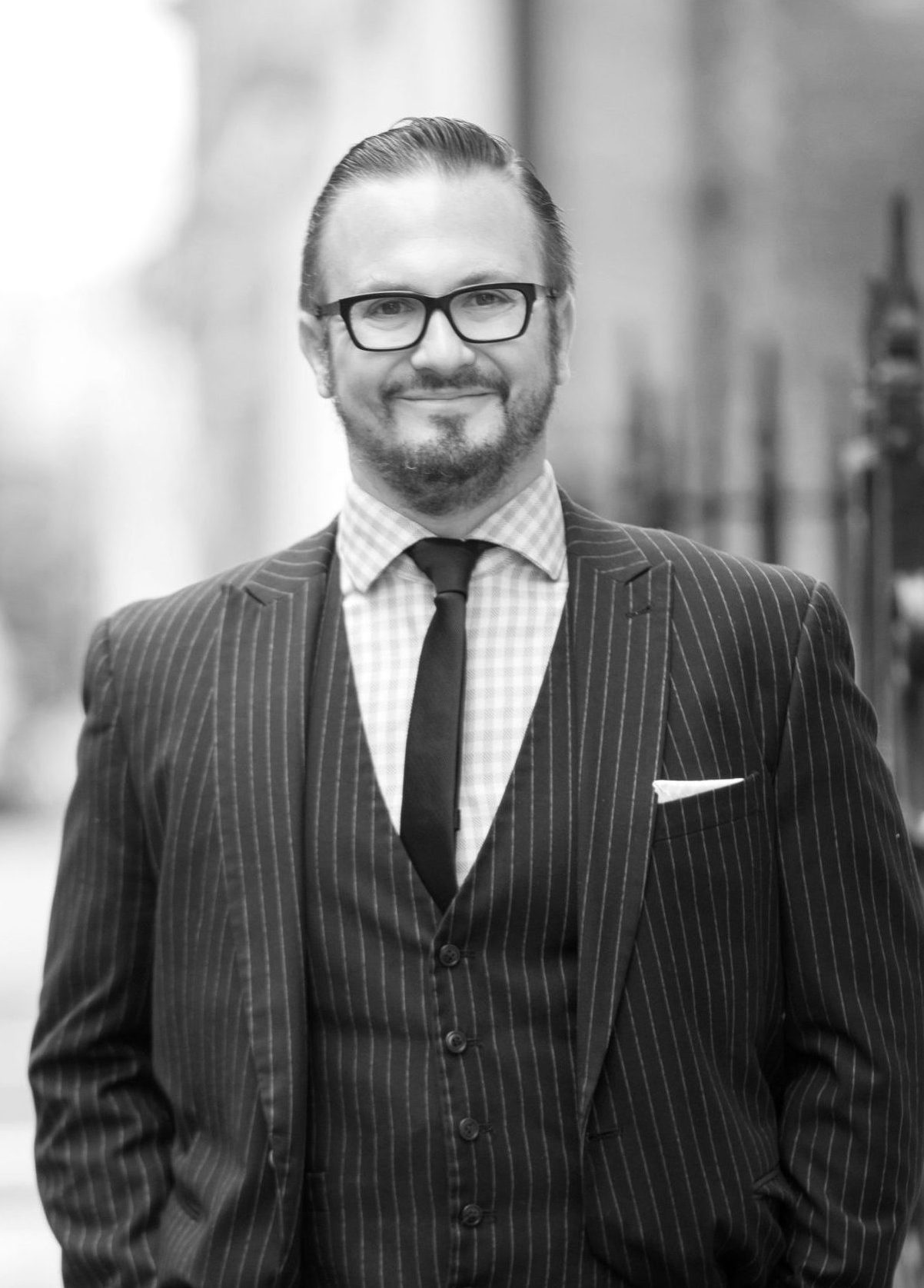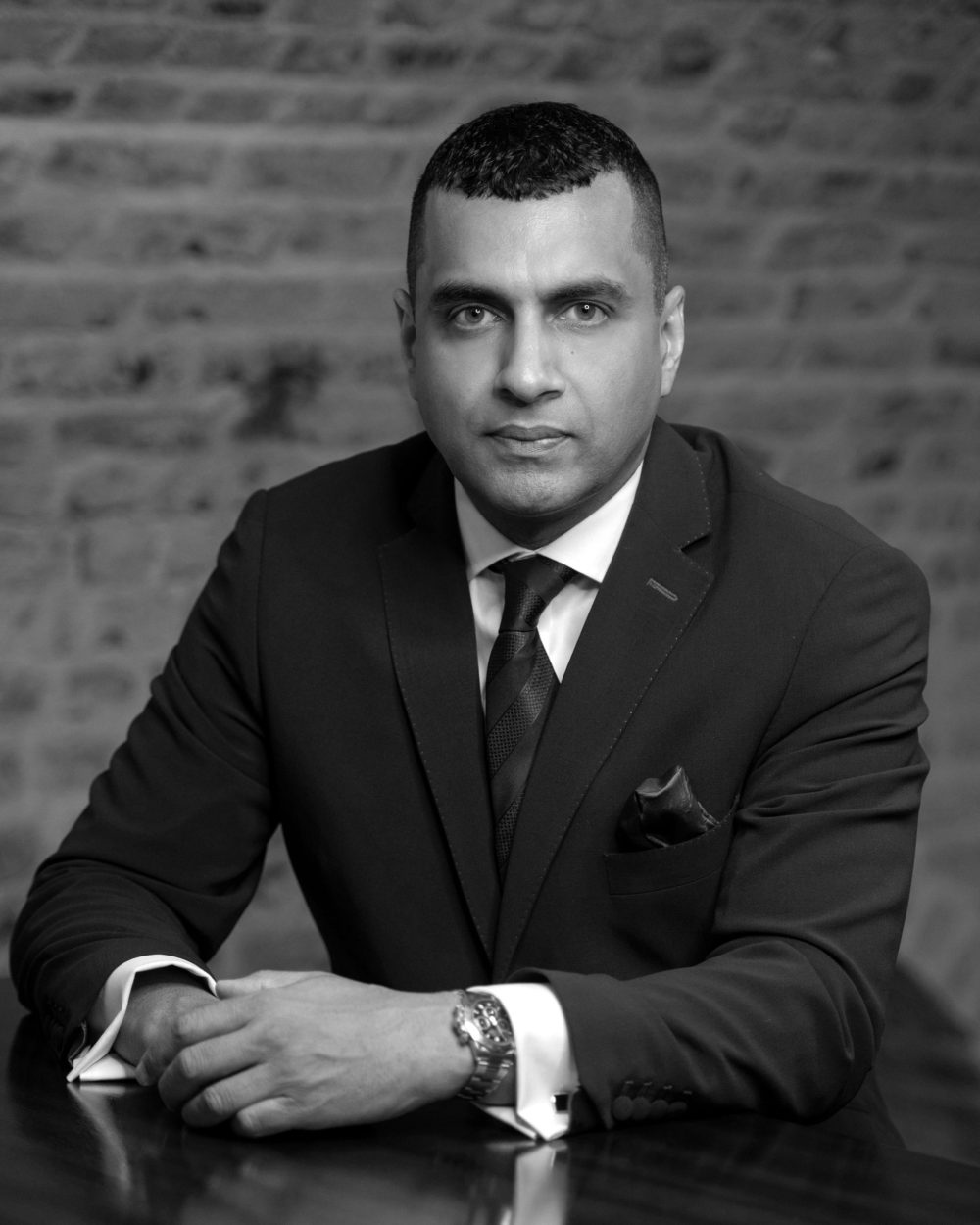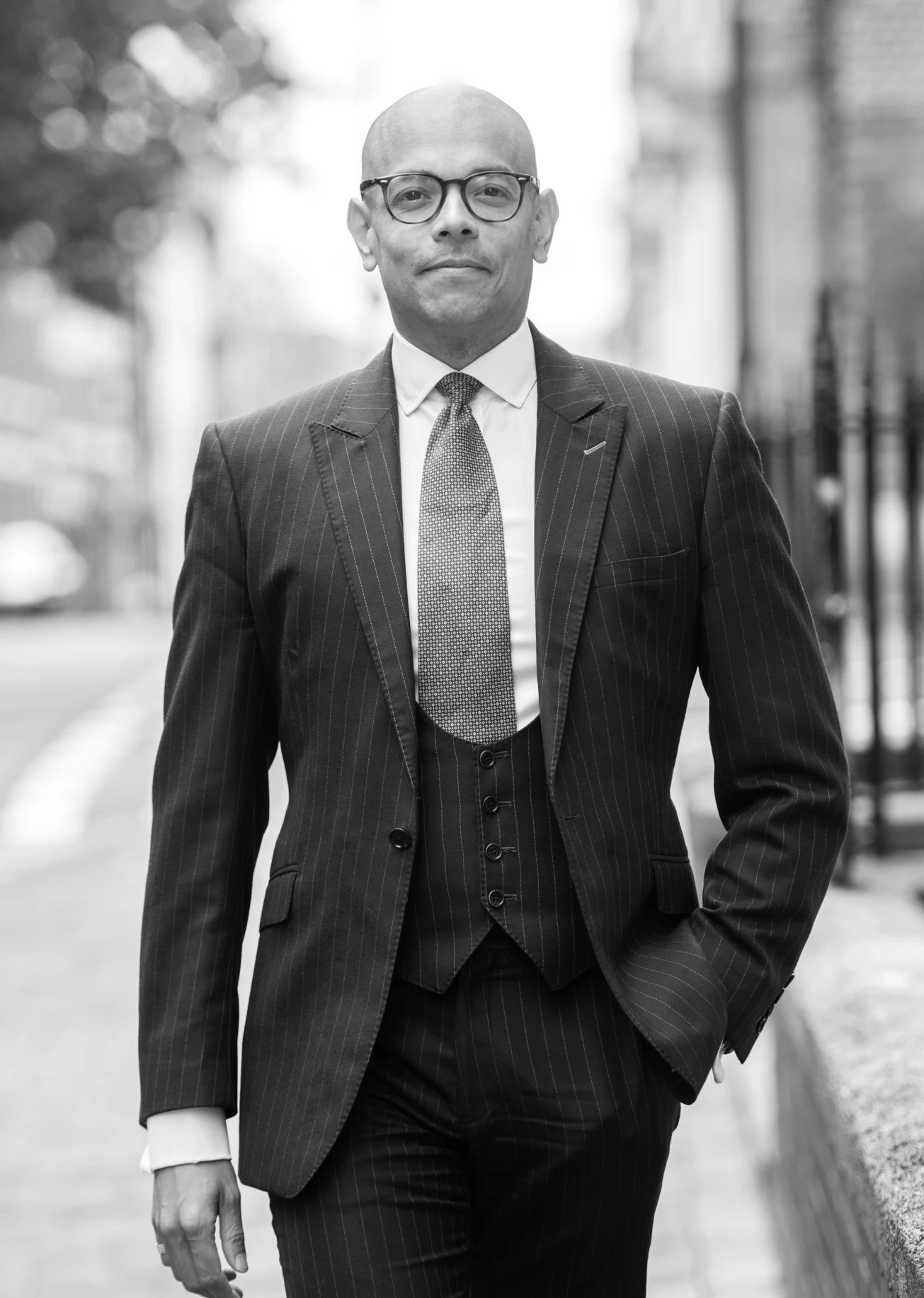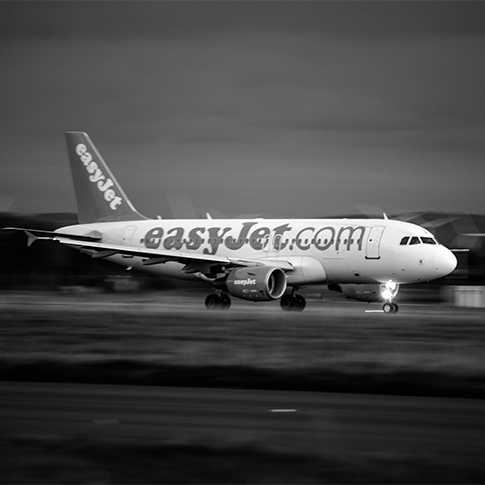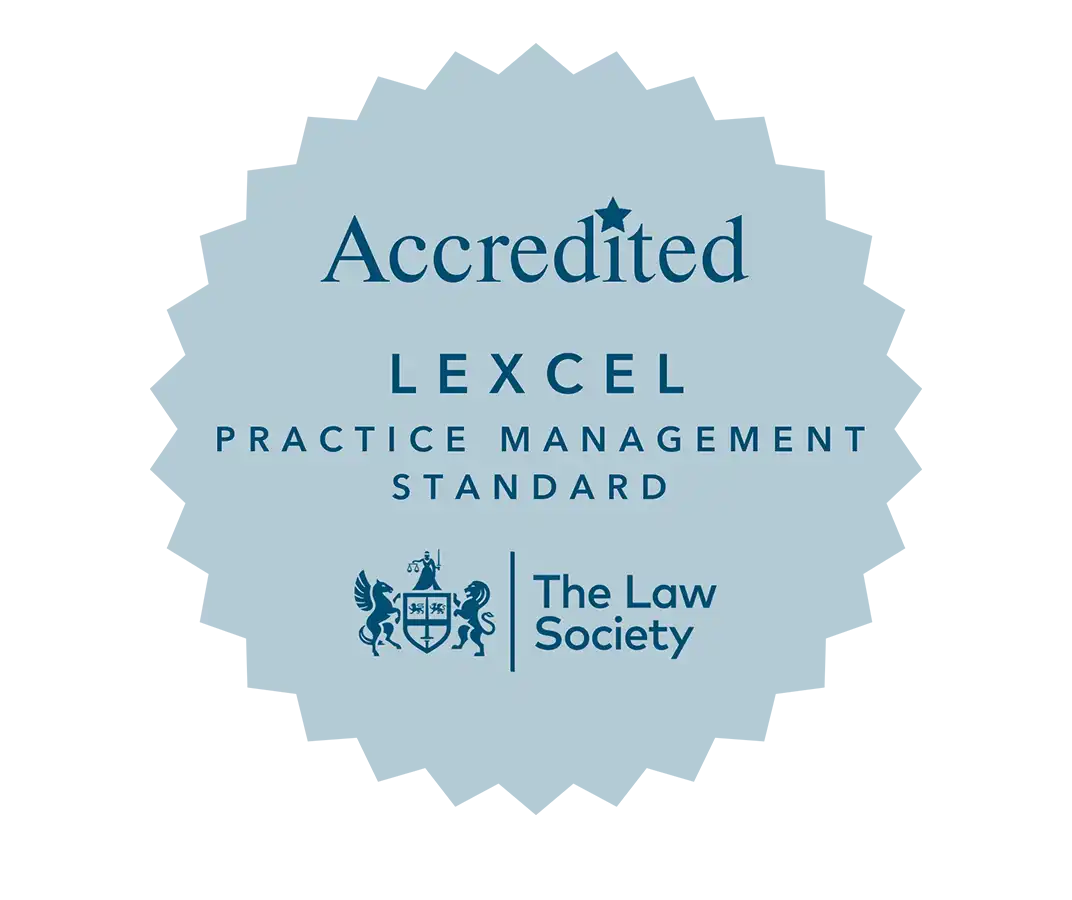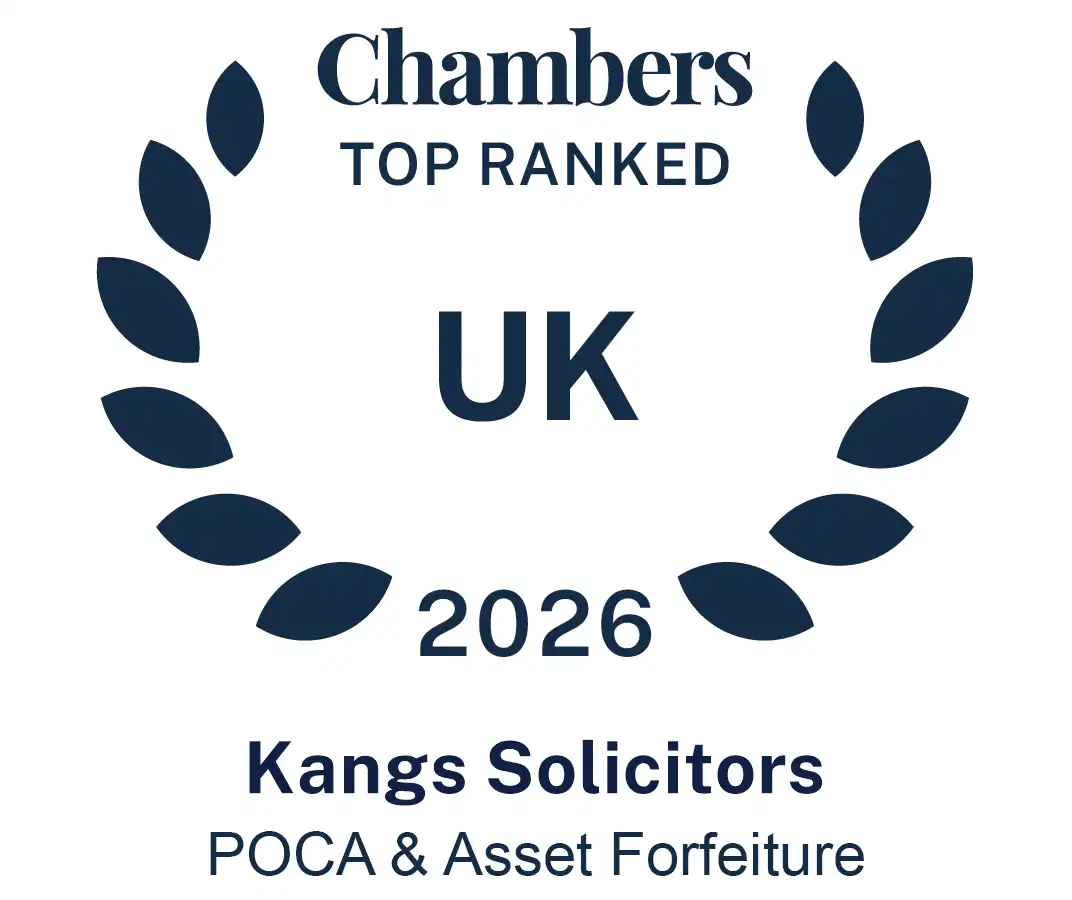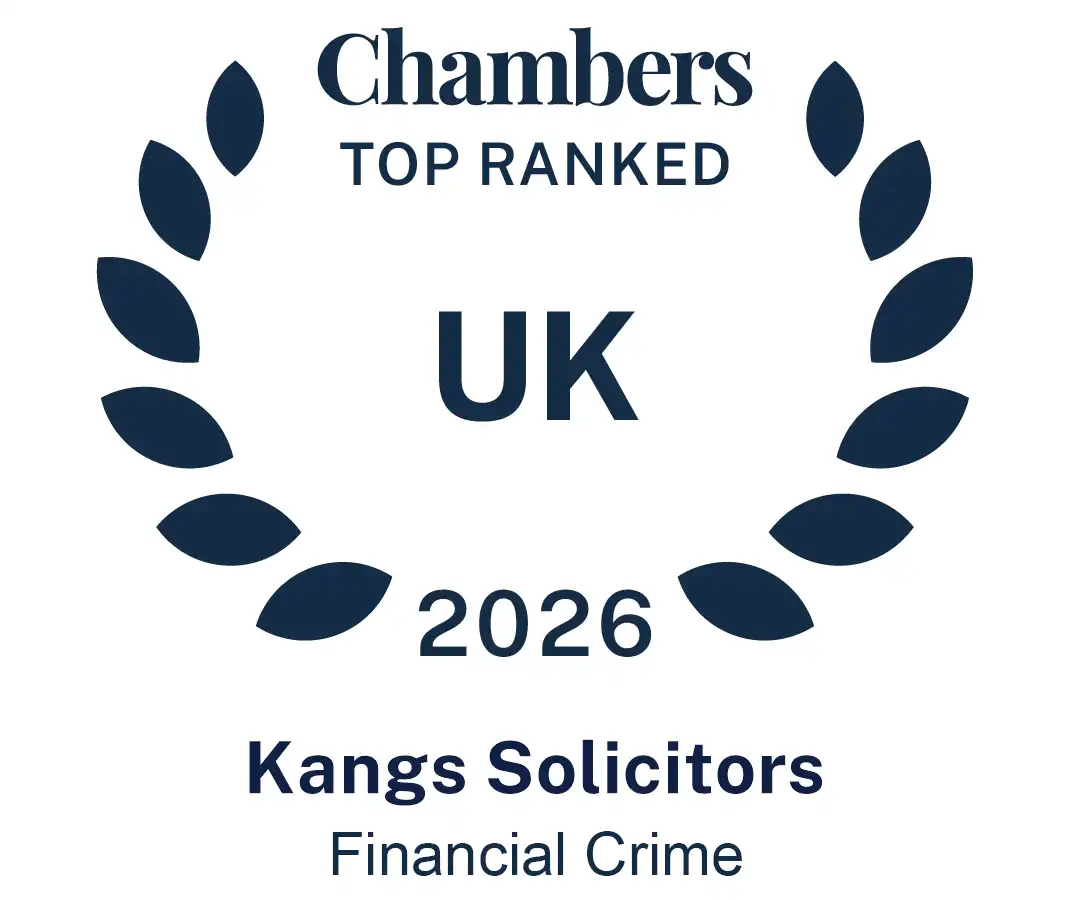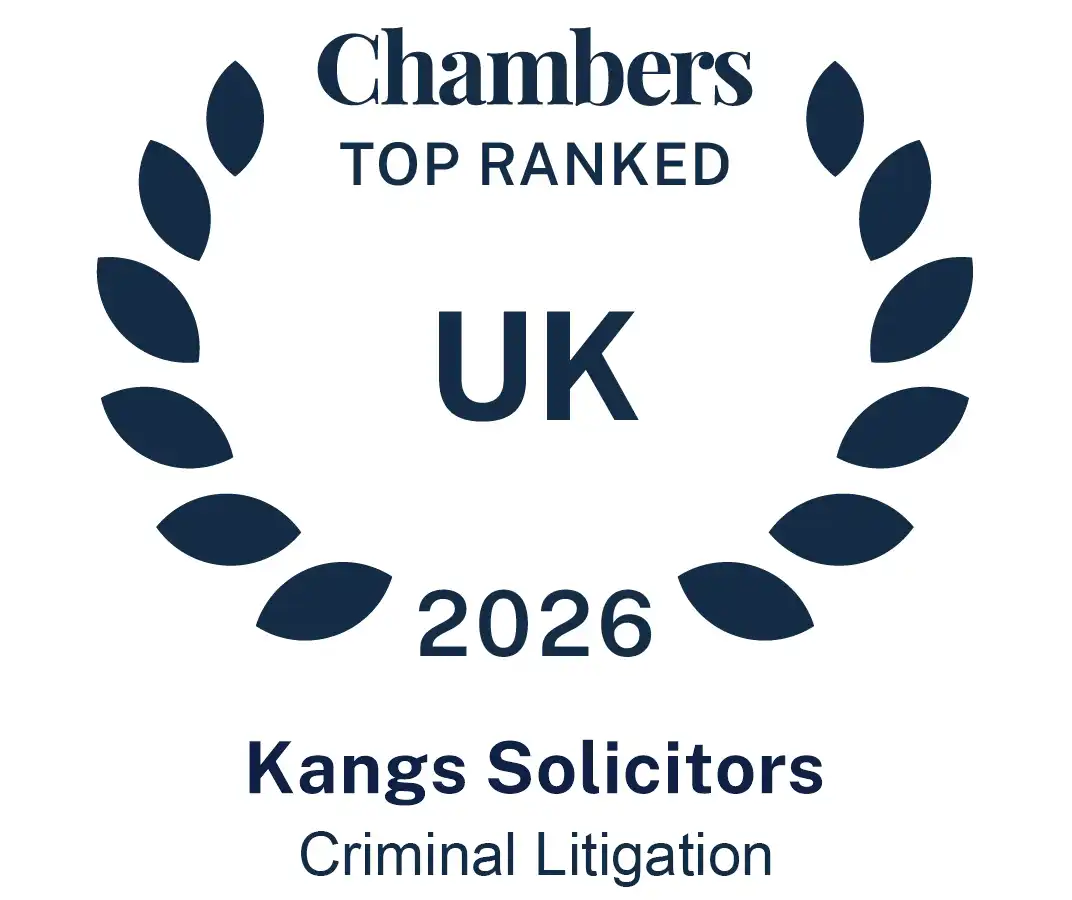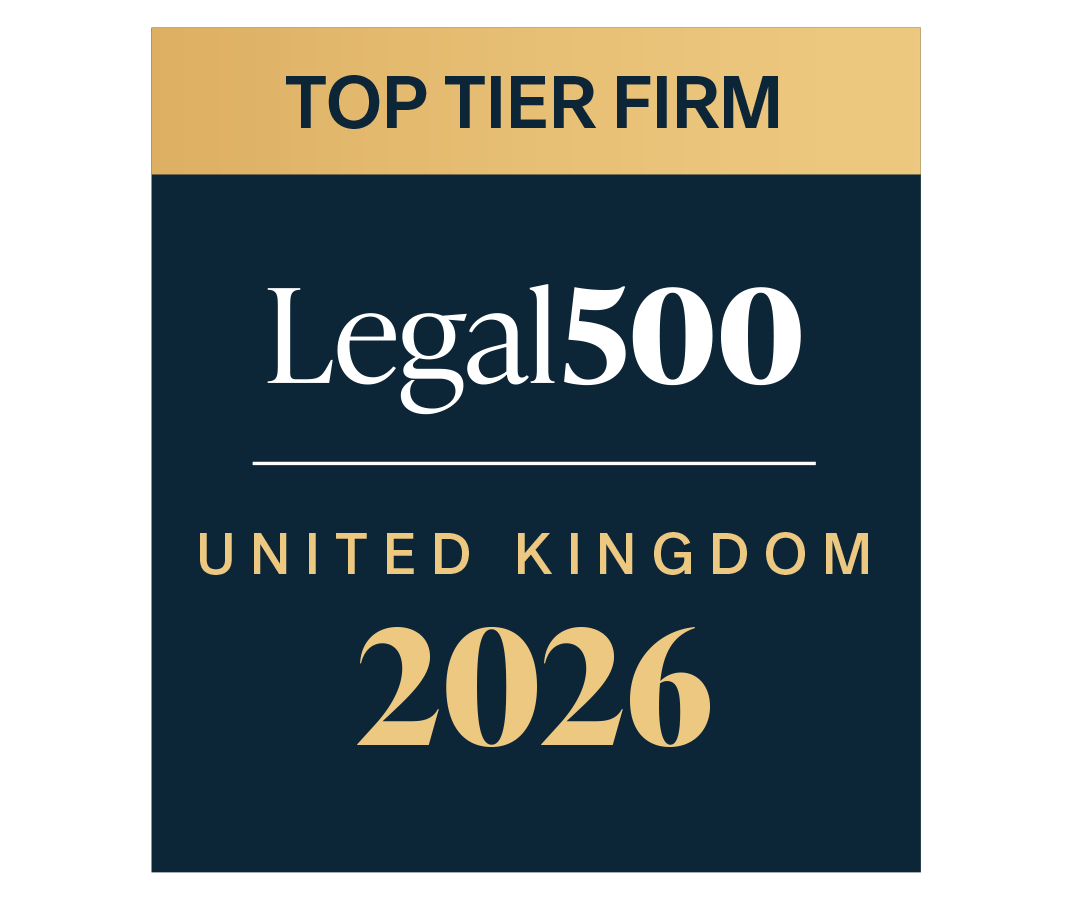Copyright Infringement
Specialist Copyright Lawyers for Copyright Protection and Disputes
Unlike many other Intellectual Property Rights (IPR), copyright is an automatic right. Copyright protection is derived from the Copyright, Designs and Patents Act 1988 (CDPA).
Whether you are an artist, author, software developer, musician, or inventor, your original works are automatically protected under the Copyright, Designs and Patents Act 1988 (CDPA). However, enforcement can be complex, particularly when infringement occurs. Copyright infringement can occur at various levels from primary infringement, where the individual is directly responsible for the use of protected works, to secondary infringement, which involves dealing in infringing materials. Regardless of intent, the CDPA provides that even unintentional infringement may result in liability.
In cases where work is used without permission, whether on a primary, secondary or tertiary basis, we assist in gathering the necessary evidence to establish originality and assert our clients’ legal rights and evidence that unlawful exploitation of our client’s original works. Once that information has been obtained, we guide our clients through the legal remedies that may be available – this could include seeking injunctions, damages, and in serious cases, exemplary damages.
We also advise on exceptions to copyright infringement, including fair dealing for research, criticism, or parody, education and other non-commercial purposes. Our team is also adept at navigating the nuances of copyright ownership, especially in employment contexts, and can help clarify rights and responsibilities in disputes.
With a detailed understanding of copyright law and a strategic approach to enforcement, our team is well-positioned to assist individuals and organisations in protecting and asserting their intellectual property rights.
If you believe your copyright has been infringed, or if you suspect you may have unintentionally used protected works, contact us for a confidential consultation and expert legal guidance.
For further information regarding Copyrights, please see our Frequently Asked Questions.
Testimonials
Got a question?
Contact KANGS
The expert lawyers at Kangs are available to assist you. We can arrange initial consultations in person, by video call or telephone.
Please contact one of our experts listed below or contact us at:
What can be copyrighted?
The CDPA provides protection for a wide range of works, including but not being limited to:
- Literary works (which includes books, poems, written down songs, databases, compilations, screenplays - anything that may otherwise be transcribed).
- Dramatical works (which includes plays, films and choreography).
- Musical works (which includes melody and accompanying lyric).
- Artistic works (which includes paintings, sculpture, drawing, photographs, architecture, pieces of artistic workmanship).
- Films (which includes cinematographic works including recordings of sequential visual images shown as a moving picture).
- Sound recordings.
- Broadcasts (wireless transmissions for public reception).
- Typographical arrangement of published editions (which includes the layout and presentation of published works).
It does not require any form of ‘registration’ in order for copyright protection to be created but to qualify for copyright protection, certain requirements must be met.
These requirements include:
- Original work – it has to be created, from scratch, from the author’s own intellectual creativity. It cannot be copied from elsewhere and must involve a degree of skill and/or labour; and
- The works are produced in a tangible form (such as a novel, song or painting).
How long does Copyright protection last?
Copyright protection is usually uniform across the world due to the Berne Convention for the Protection of Literary and Artistic Works. The Berne Convention sets the minimum protection terms that is intended for signatory states. The UK is a signatory and in fact it affords slightly more generous terms for its copyright protection.
In the UK, works that qualify for copyright protection, the tenure of protection afforded to literary, dramatic, musical and artistical works is usually the life of the author plus 70 years post death under the Berne Convention the minimum period is 50 years).
Different copyrighted works have different levels of protection afforded to them:
- Film & Sound recordings – protection lasts for 70 years from the end of the year in which the principal creator of said works dies, or 70 years from publication, or if a sound recording 50 years (if said principal creator dies);
- Broadcasts – protection last lasts for 50 years from the end of the year in which the broadcast was made; and
- Typographical arrangement – protection lasts for 25 years from the end of the year in which the edition was published.
What are the rights of the Copyright Owner?
It is important to note that the author of the copyright works may not necessarily be the copyright owner. Employees who create copyright protected works, during the course of their employment, do not own the copyright in the said works. That vests with their employer. However, the employee does have the entitlement to be identified as the author of the said works pursuant to s77 CDPA (and s78 provides the outline for the author to assert those rights in circumstances where there has been an infringement of those rights).
As copyright owner, there are a set of exclusive rights that only they (or in circumstances where a licence has been agreed, the licensee) are able to undertake in respect of their copyrighted works. These rights include:
- Copying the works.
- Distributing those copies to the public.
- recording/lending of certain works.
- Performing, showing or playing the works to the public.
- Communication of the works to the public.
- Adapting the works.
How do I enforce my Copyright?
As copyright protection under the CDPA is an automatic right, it is recommended to document and record when and how the original works were created. Without originality, there is no copyright protection, so it is advisable to evidence the origins of the original works.
On the basis that the original works can be verified, in circumstances where a copyright owner finds that their works are being used, without permission, then a copyright owner may ask the court for an Injunction preventing the use of the copyrighted works as well as seeking damages. If the infringement is particularly egregious (and the infringer has been previously notified of the protected works but carried on nonetheless), then pursuant to s97(2)(a) and s97(2)(b) CDPA, exemplary damages may be sought, subject to specific factors being met.
There are different levels of copyright infringement. It may be that someone is a primary infringer (i.e. directly responsible for the infringement of the copyrighted works) or a secondary infringer (i.e. someone who deals in copyright infringed materials but was not directly responsible for the undertaking of the infringement). Under the CDPA, a primary infringer does not necessarily need to know that they are infringing a copyright owners work as it can merely involve the undertaking of a copyright owner’s immediate right entitlements.
There are some exceptions to allegations of copyright infringement. These exceptions include:
- Fair dealing (s29 for the purpose of research for non-commercial use or study, s30 for criticism/review and for news affairs and s30A for parody or caricature).
- Education.
- Library and archive exceptions (for non-commercial purposes).
Latest News & Insights
It Is Not So Easy For easyGroup | Trade Marks, Litigation and Market Perception
Get in touch
Send an enquiry


